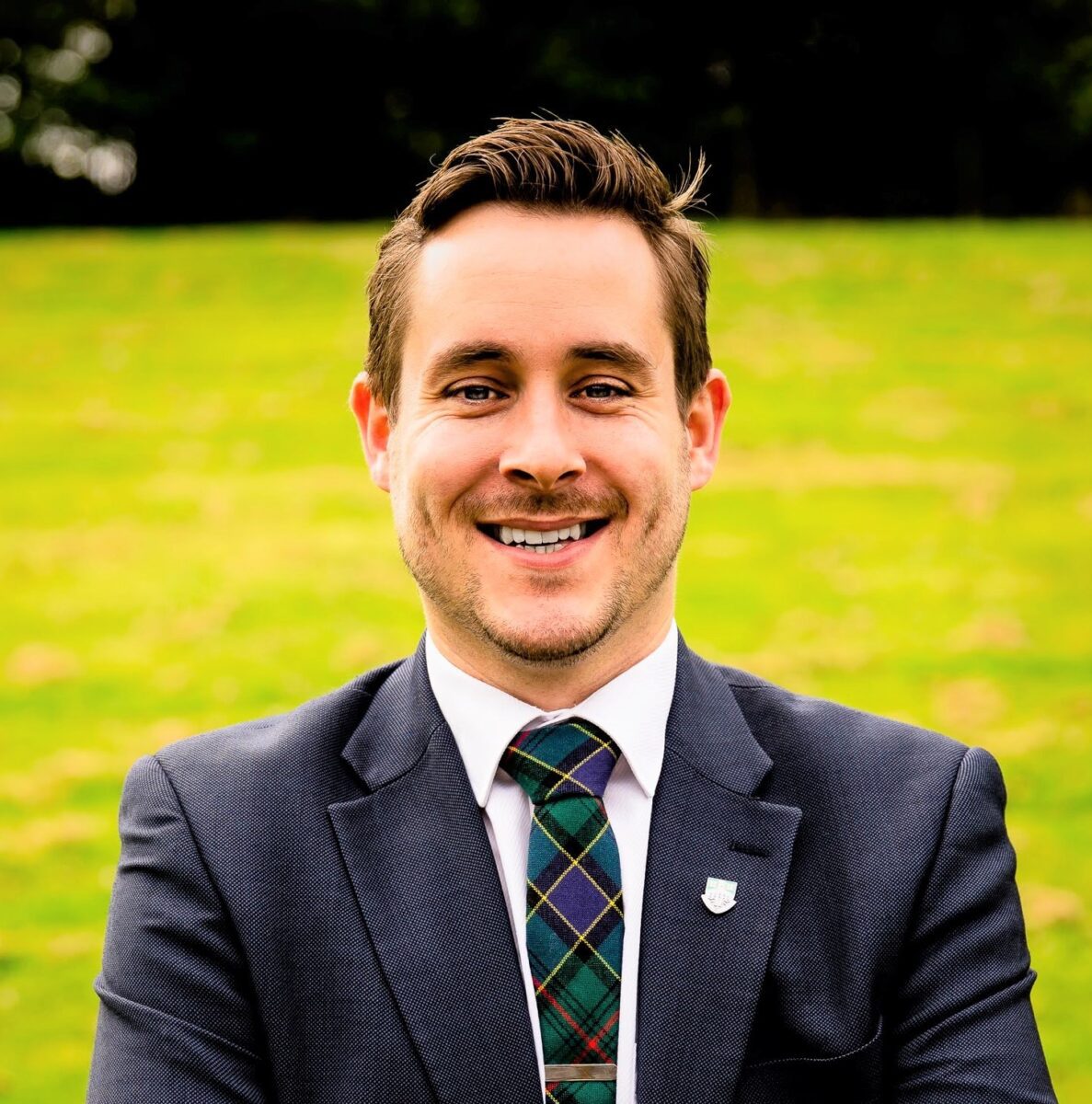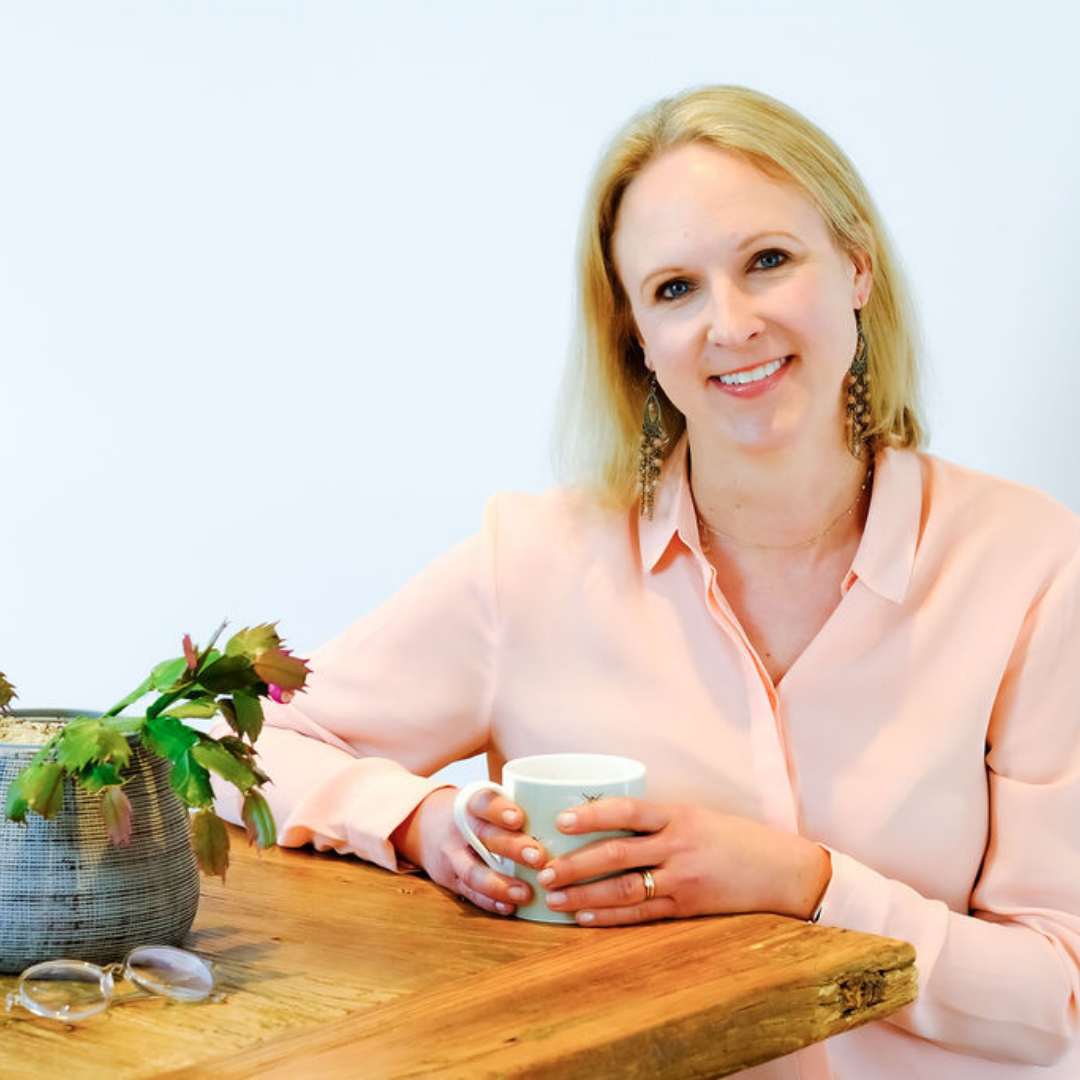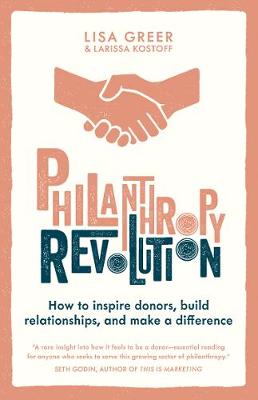LaLa Land and Major Donors!
This is a guest blog from Rory Traynor, Capital Campaign Manager at Ayrshire Hospice. Thank you Rory!
Recently, I found myself arriving for a meeting in the heart of Beverly Hills, LA. The forecast was 32c (92f in American) and blue skies. ‘Another Day of Sun’ from the movie La La Land was playing in my head.

Then reality hit and I was, in fact, sat at my desk at home, in a grey, drizzly and autumnal Scotland, looking at my reflection on Zoom awaiting my guest’s arrival. Shortly after I had accepted that any trips to LA were a long way off, I was joined by entrepreneur, philanthropist and author of Philanthropy Revolution, Lisa Greer (who actually was in Beverly Hills!).
With a decade of experience in fundraising, I recently started as Capital Campaign Manager at Ayrshire Hospice with the task of raising £12m to redevelop the hospice. Discovering Lisa’s book could not have been timelier.
Overnight 1%ers on a mission to save giving
Lisa and her husband Josh became ‘1%ers’ overnight in 2010 and as soon as they made their fortune, they decided to become philanthropists. However, life as a major donor isn’t always as positive as we may imagine it to be. Philanthropy Revolution is a ‘warts and all’ account of giving through the eyes and mind of a major donor.
Fake friendships, rude/inappropriate asks, repetitive gala dinners and being treated like a ‘walking cheque book’ are just a few of the problems Lisa has encountered over the years. For example,
a fundraiser once asked to speak to Lisa’s husband, Josh, to verify that Lisa’s proactive offer of a £1m gift was genuine
– outrageous, right?!
During our chat, I asked Lisa lots of questions about philanthropy, that is when we weren’t talking about Coronavirus, Donald Trump or the time Lisa visited Scotland with her daughter and stayed with Billy Connolly in his castle in Aberdeenshire!
But this blog would go on for pages and pages if I reeled off all the advice Lisa gave me.
So, here are the top 5 ‘nuggets’ from our chat on how we as fundraisers can encourage change:
1) Find a connection with your prospects.
Lisa believes that cold calling potential donors won’t work unless you take the time to find a connection first. A connection could be
- Do they give to other similar causes?
- Have they been to one of your events?
- Are they friends with one of your other donors?
Whatever it is, there needs to be that connection. If there isn’t one, they probably are not a potential donor after all.
2) Do not make assumptions.
Lisa explains that you really need to get to know who your donor is and you should never, ever make assumptions:
You cannot assume everyone wants to talk on the phone, you can’t assume because someone gave a charity a million dollars, that they want to give you a million, and you can’t assume because someone was recognised once in a certain way that they want that again.
Simply ask questions, she suggests, such as:
- Which other organisations do you support?
- How much of a priority is our organisation to you?
- How would you like to be recognised?
- How would you like to be contacted in the future?
3) Acquire larger gifts in the right way.
There is a shocking story in Lisa’s book about a fundraiser who met with her when a $25k gift was coming to an end. During their meeting, she asked Lisa for £1m. Just like that. Because Lisa had given a gift of £1m to another charity, this fundraiser wrongly assumed that Lisa could do the same for her charity (remember, don’t make assumptions!) Lisa said, ‘No.’
What the fundraiser should have done, Lisa explains, is offer a menu of options, of varying values, and let the donor choose. Explain what your organisation’s priorities are and how the donor can choose to support them.
4) Don’t adopt a losing mentality.
Lisa adds to the point above by saying that if, in this situation, a donor doesn’t increase their gift, you haven’t lost or failed – so don’t think that you have! She has observed this mentality in fundraisers many times as they are often put under such pressure to get more and larger gifts in. Lisa believes success of a fundraiser should be defined by relationships as a whole, not purely how much cash is coming in.

5) You don’t need a babysitter.
Lisa does not agree with the common expectation that if a donor is ready to be asked for a large gift that the ask should come from a senior staff member. You guessed it…don’t make assumptions.
A donor might want to meet your CEO or Chair but they may also be just as happy continuing the relationship with you, the fundraiser.
Take time to ask what your donor actually wants.
Finally…
I won’t spoil any more stories; you just have to read Lisa’s book. It is full of do’s and don’ts, suggestions of how we can modernise philanthropy and connect with the next generation of donors. Lisa also suggests how donors can do more to make a difference.
If you are a fundraiser or a charity leader I highly recommend you treat yourself to a copy of Philanthropy Revolution and find out more.
Let the revolution begin!

Louise Morris is the Founder of Summit Fundraising. She is a major donor fundraising specialist and has worked with over 200 charities helping them raise large gifts.

